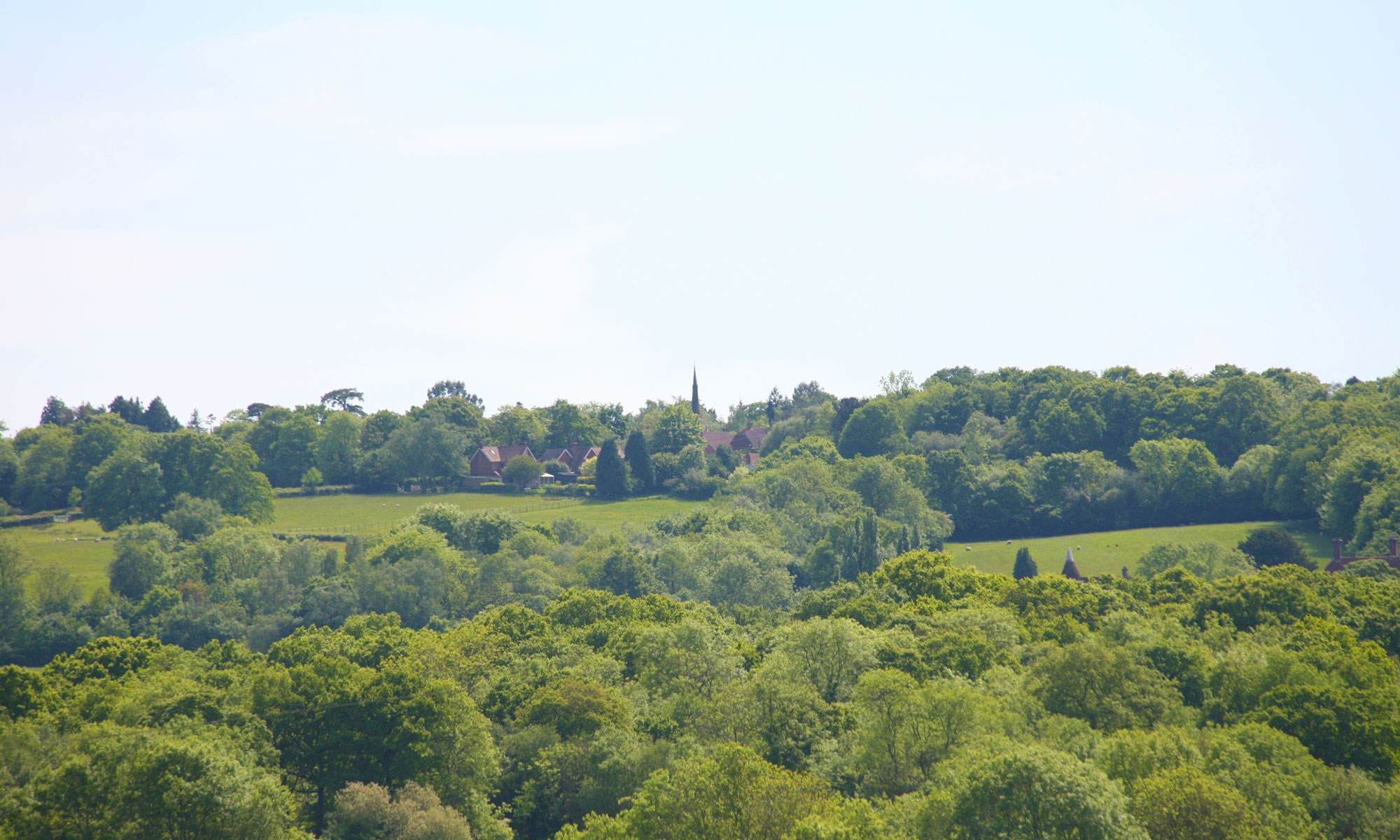She is too fond of books and it has turned her brain
Louisa May Allcott
On a cold November evening in 2003, three of us met in the Village Hall and Hadlow Down Book Club began. Our first book was ‘The Girl with a Pearl Earring’.Since then, our numbers have grown; we have met regularly and read a wide range of books with some lively discussion over a glass of wine. Our meetings are informal and non-threatening and books are chosen democratically. Although we aim to read some challenging books, we do so without pressure and it is an enjoyable experience for all of us.
I’ve now been asked to write a short piece on a regular basis about the books we are reading, and I thought I would introduce it with an overview of some of the books from the past year.
One book by a new author was Francis Spufford’s acclaimed ‘Golden Hill’, a fast-moving story of 18th century New York in the style of ‘Tom Jones’.We recommend it for those who enjoy action but with a deeper meaning. Mothering Sunday’ by Graham Swift was a complete contrast – a short and beautifully intense erotic novel about a relationship between a servant girl and the young master set just after the First World War. I personally loved this novel and find it gets even better on re-reading.
Another short novel was Ian McEwan’s ‘Nutshell’ – a modern version of ‘Hamlet’ narrated by the unborn child in the womb of the Gertrude character. Extremely funny – this foetus develops a taste for fine wine and has a view on the state of the world from Radio 4 that his mother listens to. Our other McEwan Novel ‘The Children Act,’ was made into a successful film after we had read it – we like to think we are ahead of things. For those who, like me, enjoy dialogue and, in particular, closely-argued court scenes, this was an absorbing book about a moral dilemma and it was enhanced by McEwan’s usual erudition.
Elizabeth Moss was a new writer to us and we enjoyed the wit and humour of ‘Tidal Zone’. It was serious and potentially tragic about a teenager who suddenly has an anaphylactic seizure and dies for a few minutes. It is also full of humour, however, with its all too sharp observation of modern institutions and middle-class family life. Moss is herself an historian and her narrator’s research into the bombing of Coventry and the rebuilding of the cathedral provides depth of meaning and enhances a satisfying read. I have since read her ‘Night Waking’ and would recommend this novelist.
We have read a few Mann Booker prize winners including ‘The Siege of Krishnapur’ – a horrifying but hilarious account of moral and physical collapse by JG Farrell. We also read Penelope Lively’s ‘Moon Tiger’ (shortlisted for the Booker 50 Year Golden Award), and then ‘The English Patient’ which actually won the award. These two novels about the aftermath of WW2 marked a high spot in a year of enjoyable reading. Lively’s novel, written from the narrative viewpoint of a dying but reprobate old woman looking back on her unconventional life and loves as a war journalist crackles with life. ‘The English Patient’ by way of contrast centres on four war-scarred survivors who find refuge and healing in a ruined Italian castle – a place of haunting beauty and concealed dangers. It was quite a challenging read but one that continues to resonate in the mind. We all felt it was well worth reading.
Sometimes we enjoy something lighter and Gail Honeyman’s ‘Eleanor Oliphant is Absolutely Fine’ was easy but satisfying with a real surprise at the end. About loneliness, it was sad but also had some very funny moments. We contrasted this with another novel about loneliness, ‘Our Souls at Night’ by Kent Haruf, a subtle, sensitive study of the relationship which develops between two elderly people who decide to spend platonic nights together.
Our current read is Carol Shields’s ‘The Stone Diaries’ and we meet on Wednesday 20th March to discuss it. Should you wish you join the group, contact me at heathermines2@hotmail.com or 830314.
Heather Mines
 “If one’s different, one’s bound to be lonely.”
“If one’s different, one’s bound to be lonely.”




